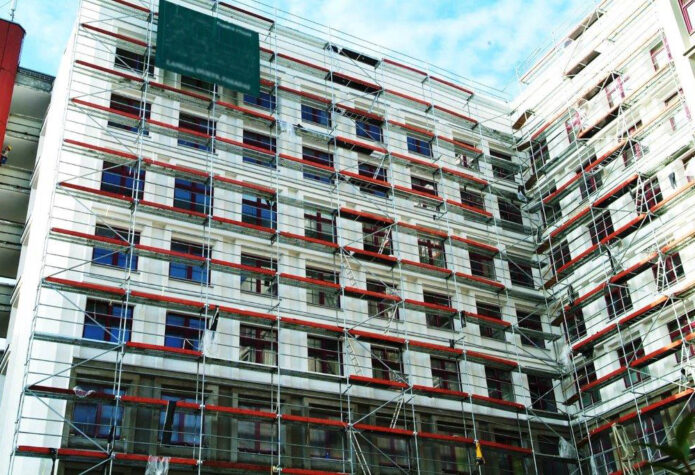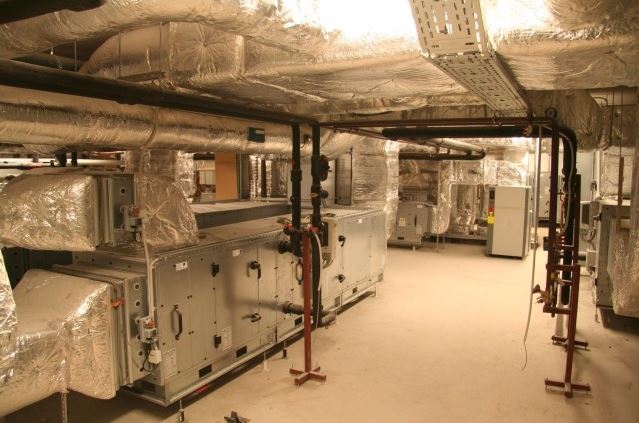Lithuania invests in a better quality of life

In the past six years, NIB’s contribution to better energy efficiency in buildings in Lithuania has reached EUR 200 million. Half of this amount was provided in a new loan facility signed in late April. The financing is assisting the Lithuanian state to continue investments that in the long run will improve quality of life and relieve the costs of keeping warm in older buildings.
“With a mandate to improve competitiveness and the environment of its member countries, NIB is well equipped to finance this investment. This year marks a decade of Lithuania’s membership of NIB. During this time, the Bank has developed a strong understanding of investment needs in Lithuania”, says Gediminas Norkūnas, Deputy Head of Lithuania’s State Treasury Department.
Houses built before 1990 are generally not energy efficient; running them costs taxpayers tens of millions of euros every year. Heating buildings accounts for about 40% of Lithuania’s total energy consumption.
The Ministry estimates that urgent upgrades are needed in public buildings with a total surface area of 14 million square metres.
“Renovating buildings and modernising their energy systems would help decrease the energy costs by about a third from the 2004 level”, Mr Norkūnas explains.
A NIB loan signed in 2009 helped renovate 39 public buildings with a total area of 230,000 square metres. This number includes university buildings in the country’s three largest cities—Vilnius, Kaunas and Klaipėda—as well as high schools, libraries, district courts, theatres, museums and hospitals in different parts of Lithuania. The financing was also used to increase the energy efficiency of more than 300 apartment buildings all over the country with a total area of 0.9 million square metres.
“We have made tangible progress. However, there is still quite a long way to go”, says Mr Norkūnas.
“The state-sponsored programme encourages property owners to renovate apartment buildings and residential districts. The long-term plan is to improve energy efficiency in at least 24,000 apartment buildings, or 70% of those constructed before 1993.”
The new EUR 100 million loan from NIB will help Lithuania finance investment projects totalling nearly EUR 800 million in the next three years. It will include the renovation of about two thousand apartment buildings and 49 public buildings, mainly hospitals and health and community centres.
Besides loan financing, the programme’s costs are divided between the state and municipal budgets, EU structural support and private funds.
By 2020, the country expects to save 121.8 GWh of energy. The analysis of completed renovations shows that an average apartment building can save over 100 MWh of energy and reduce carbon dioxide emissions by 23.4 tonnes a year.
“We hope our efforts will soon pay off in a better quality of life, improved living conditions for many people, and a cleaner environment for the entire society. And the country’s economy will greatly benefit from the rational use of energy resources and reduction of budget expenditure on compensation for heating costs”, concludes Mr Norkūnas.

